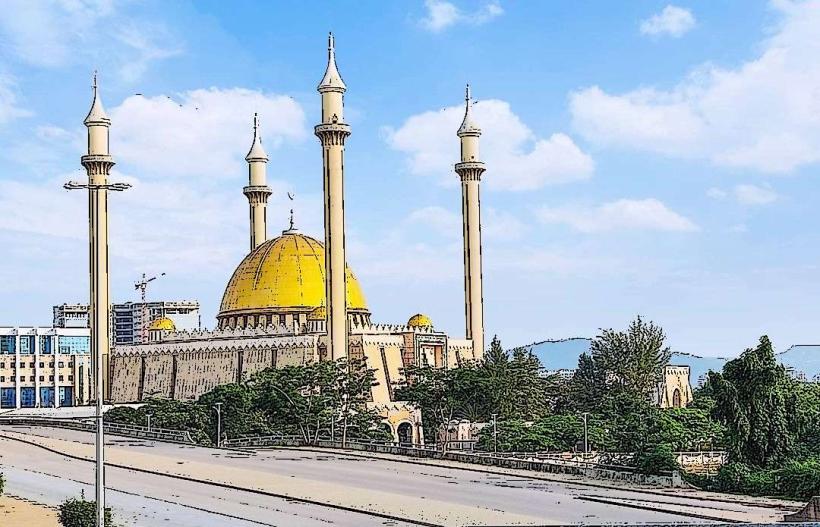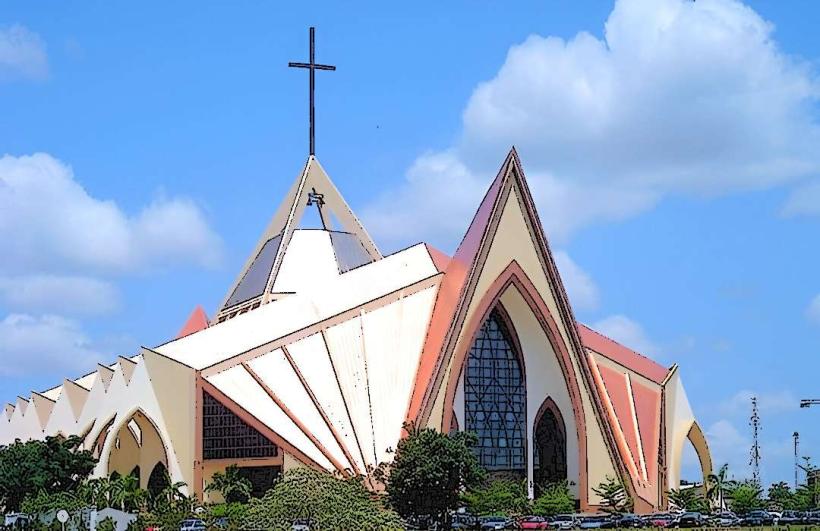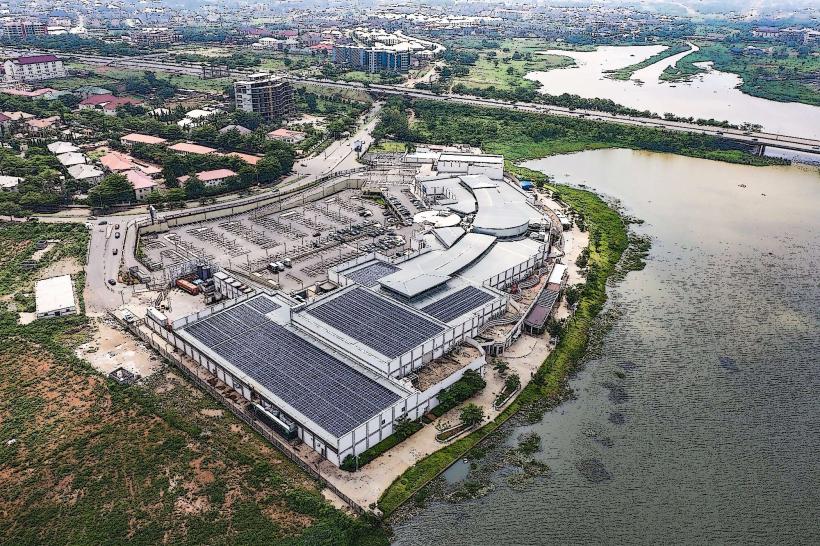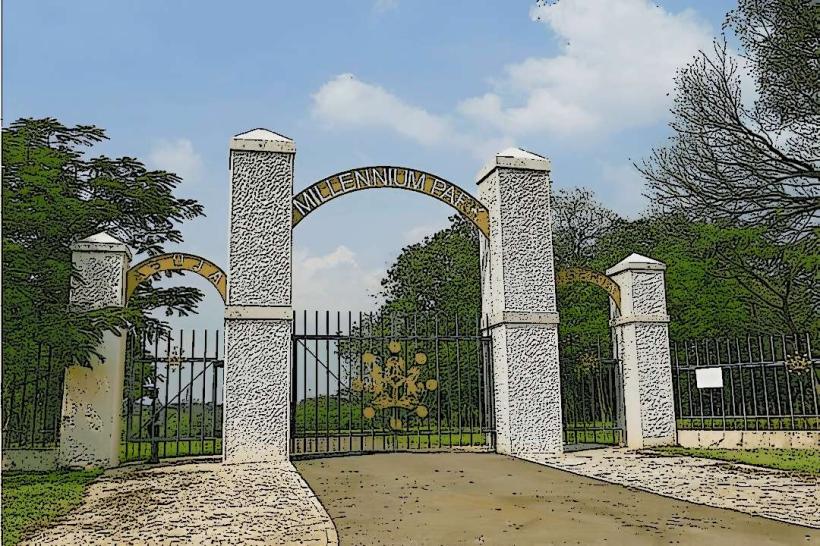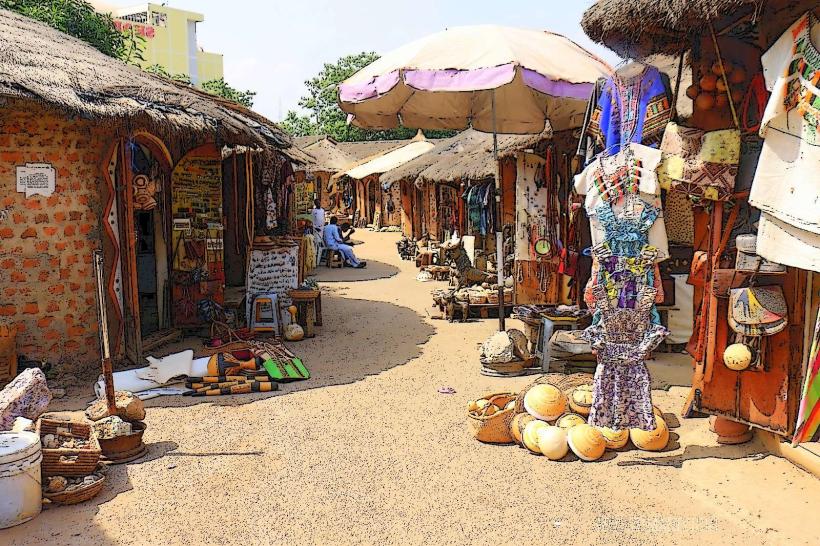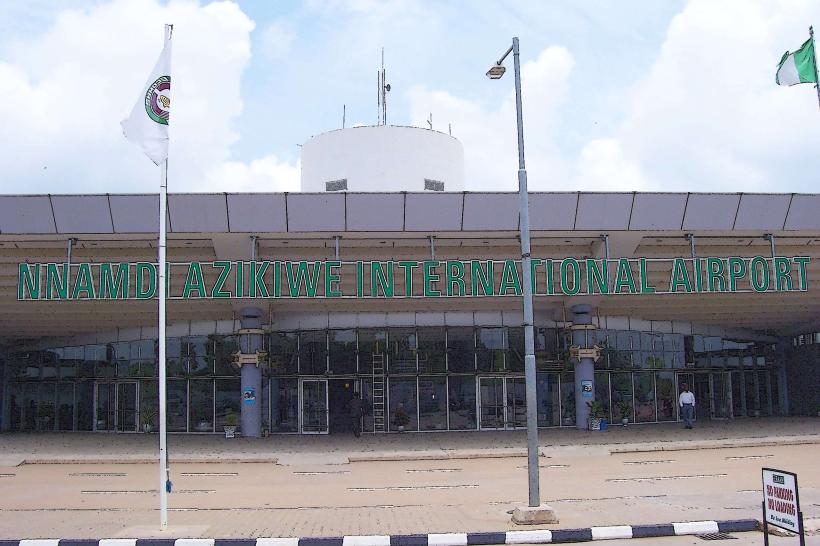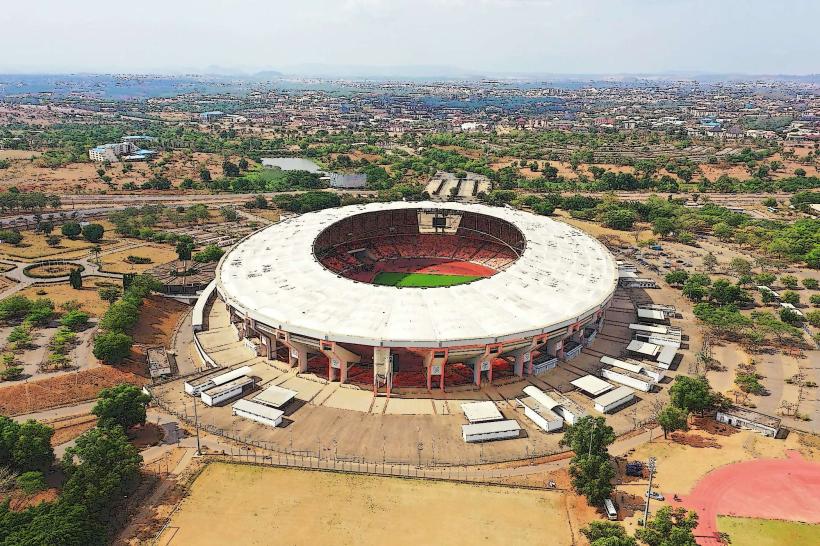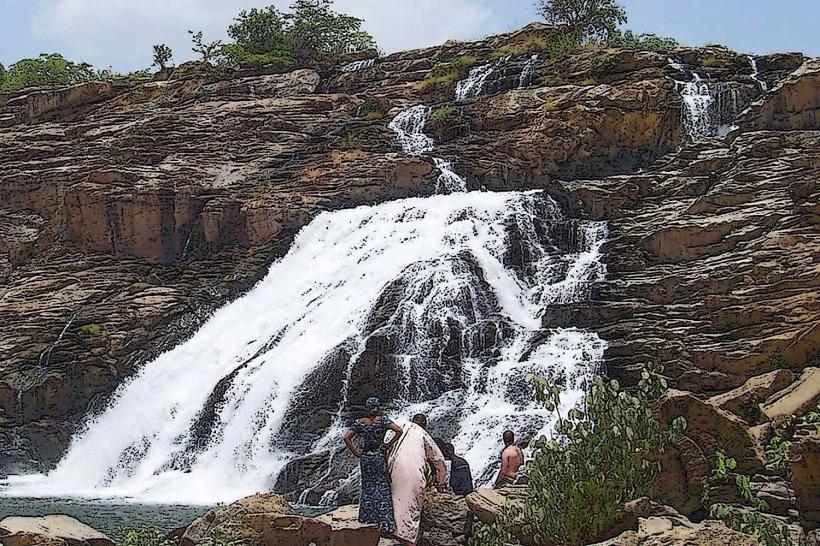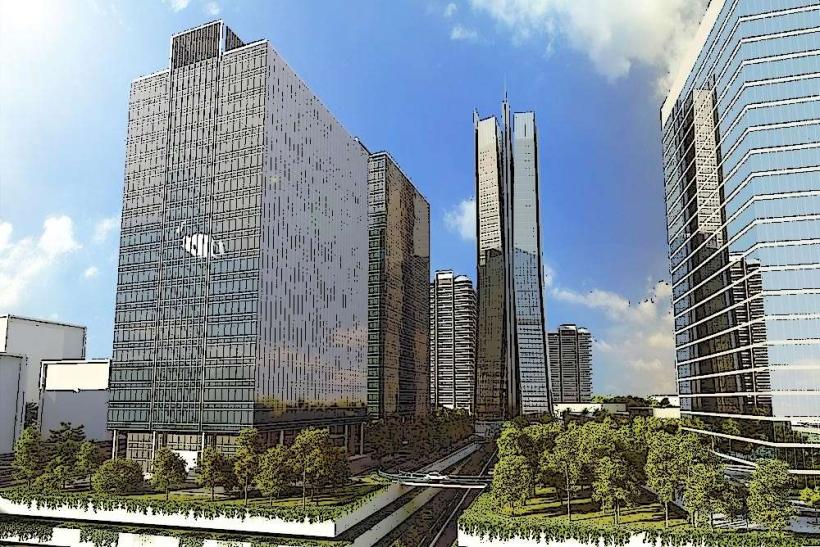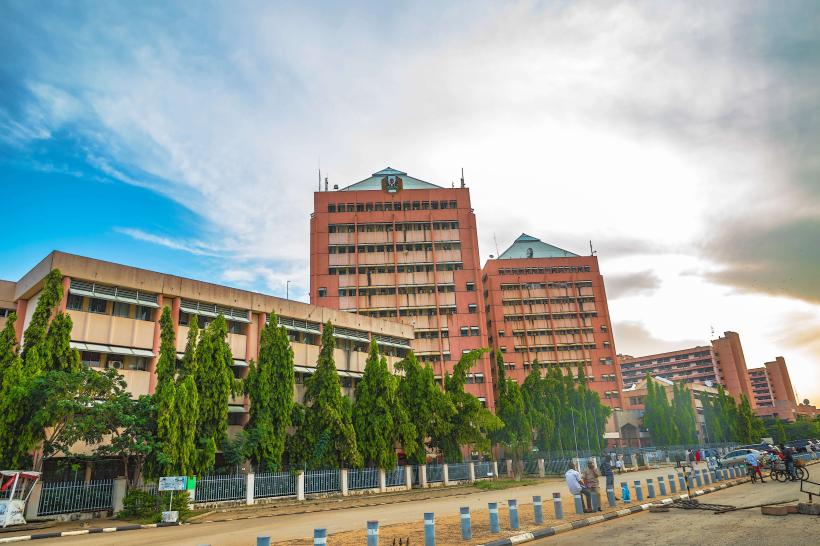Information
Landmark: Kuje PrisonCity: Abuja
Country: Nigeria
Continent: Africa
Kuje Prison, Abuja, Nigeria, Africa
Kuje Prison – Background
Kuje Prison, officially known as the Kuje Medium Security Custodial Centre, is located in Kuje, a satellite town about 40 km southwest of Abuja, Nigeria's federal capital. It falls under the administration of the Nigerian Correctional Service and is classified as a medium-security facility. The prison was originally built to accommodate approximately 560 inmates but has frequently operated beyond its capacity.
It houses a diverse range of inmates, including:
Convicted criminals serving various sentences
Individuals awaiting trial
High-profile detainees, including political figures, members of extremist groups like Boko Haram, and suspects in corruption cases
Kuje has been in the spotlight several times, particularly because of its role in holding prominent and sensitive inmates.
The July 5, 2022 Attack on Kuje Prison
The facility came under attack on July 5, 2022, in one of the most high-profile prison breaks in Nigerian history. The assault was carried out by Islamic State West Africa Province (ISWAP), an offshoot of Boko Haram and a designated terrorist group.
The attack was part of ISWAP’s broader campaign known as "Breaking the Walls," which aims to free detained jihadist fighters and demoralize state institutions.
Key details of the attack:
Time: Around 10 p.m.
Duration: Approximately two hours
Method: Coordinated assault involving the use of improvised explosive devices (IEDs) and heavy gunfire
Entry points: Multiple explosions were used to breach the front gates and perimeter fencing
The attackers overwhelmed the facility’s defenses, which included 65 security personnel comprising prison guards, soldiers, and police officers. The security presence proved insufficient against the well-armed and organized assailants.
Outcome of the breach:
879 inmates escaped from the prison
Among the escapees were at least 68 known Boko Haram members
The Islamic State officially claimed responsibility for the attack the following day through its media channels
In the weeks following the incident, authorities announced that over 400 inmates had been recaptured, but a significant number remained at large.
Security Failures and Exposures
Post-attack investigations and reporting exposed a number of serious security lapses at Kuje Prison:
Lack of Surveillance: The prison did not have operational CCTV cameras, which meant no video footage was captured during the attack.
Weak Infrastructure: The perimeter fencing was described as low and poorly fortified, making breaches easier.
Insider Threats: Some inmates had unauthorized access to mobile phones, which likely helped coordinate with attackers.
Delayed Response: Despite the prison’s proximity to major military and security installations in Abuja, reinforcements arrived late.
Overcrowding: The prison was housing more inmates than its design capacity, making control and defense more difficult.
These failures sparked widespread criticism of Nigeria’s correctional system and security coordination, prompting renewed calls for prison reform.
Broader Implications
The attack on Kuje was not just a prison break - it represented a major blow to national security. It illustrated how organized armed groups could operate with impunity even in the heart of Nigeria’s capital. It also raised serious questions about intelligence gathering, inter-agency coordination, and emergency preparedness.
The incident had several ripple effects:
Increased pressure on the Nigerian Correctional Service to upgrade prison infrastructure
Embarrassment for the Nigerian government, particularly since some high-profile inmates had been detained there
Greater international scrutiny of Nigeria’s counterterrorism capabilities
More active discussions around justice system reforms and digital security
Recent Developments (2023–2024)
Since the 2022 attack, there have been several developments:
Nigerian authorities have recaptured additional escapees, though many remain at large.
Plans were announced to fortify Kuje and other prisons with better technology, including CCTV, motion sensors, and reinforced fences.
The Nigerian Army and Correctional Service issued reports acknowledging negligence and poor planning prior to the attack.
In 2023 and early 2024, Kuje Prison again made headlines when notable figures like former Central Bank Governor Godwin Emefiele and ex-Minister Olu Agunloye were detained there.


